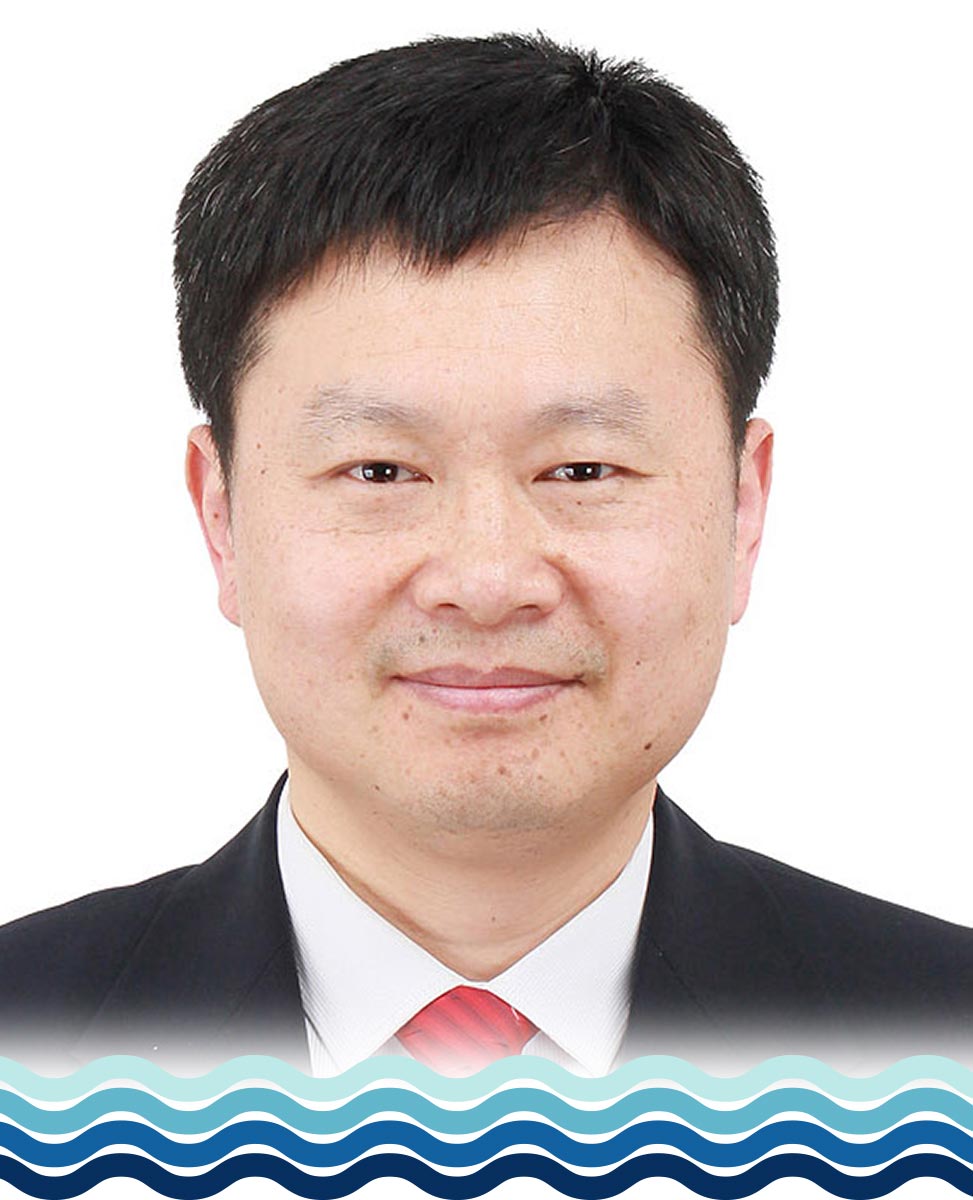Gong Chen
Professor
Nankai University
Talk Information
Peptide Materials
16 June 2025, 02:10pm - 02:25pm, in the Pacific Jewel Ballroom
L12 – Simple C1 Chemistry for Peptide Modification

Professor Gong Chen is a distinguished organic chemist specializing in synthetic methodology, peptide macrocyclization, and chemical biology. He currently serves as a professor at the State Key Laboratory of Elemento-Organic Chemistry at Nankai University in Tianjin, China. His research focuses on developing innovative strategies for constructing complex peptide macrocycles and advancing the field of medicinal chemistry.
Academic Background
Professor Chen obtained his Bachelor of Science degree from Nanjing University in 1998. He pursued his doctoral studies at Columbia University, earning his Ph.D. in 2004. Following his doctorate, he conducted postdoctoral research at the Memorial Sloan-Kettering Cancer Center from 2005 to 2008. He then joined the Department of Chemistry at Pennsylvania State University, where he served as an assistant professor, 2008–2014, and associate professor, 2014–2015. In 2015, he returned to China to join Nankai University as a professor.
Research Focus
Professor Chen's research encompasses the development of novel synthetic methodologies, particularly focusing on metal-catalyzed C–H functionalization and radical-mediated reactions. His work aims to construct complex peptide macrocycles, which are crucial in drug discovery and development. His lab has pioneered strategies such as palladium-catalyzed intramolecular arylation for cyclophane-braced peptide macrocycles and cooperative stapling techniques for unprotected peptides.
Notable Contributions
Among his significant achievements, Professor Chen's group developed a general strategy for synthesizing cyclophane-braced peptide macrocycles via palladium-catalyzed intramolecular sp³ C–H arylation. This work has been instrumental in advancing the field of peptide-based therapeutics. Additionally, his research on photoredox-mediated Minisci C–H alkylation of N-heteroarenes has provided valuable insights into radical chemistry applications.
Professional Engagements
Professor Chen has been recognized with several awards, including the National Science Foundation, NSF, CAREER Award in 2011, the Amgen Young Investigator Award in 2013, and the Chinese-American Chemistry & Chemical Biology Professor Association, CAPA, Distinguished Junior Faculty Award in 2014. He has also been appointed as an associate editor for Organic Letters, reflecting his standing in the scientific community.
Through his innovative research and dedication to advancing organic chemistry, Professor Gong Chen continues to make significant contributions to the development of new synthetic methodologies and the exploration of complex peptide structures.
Simple C1 Chemistry for Peptide Modification
Nankai University
Selective biomolecule modification techniques are crucial to advancing modern biopharmaceuticals. As the field rapidly evolves, the demand for new crosslinking methods that offer greater precision, flexibility, and practicality has become paramount. Crosslinking biomolecules via their native endogenous functional groups, as opposed to post-introduced exogenous reaction handles, provides significant advantages in simplicity and accessibility.
However, practical methods of this kind have been largely limited to those based on thiol groups, which, despite their distinct reactivity and specificity, are naturally scarce. To expand this native modification toolkit, leveraging other common functional groups within biomolecules and bioactive compounds, particularly the ubiquitous amino groups, is vital. In this lecture, I will discuss our recent exploration of modifying native peptides and proteins through amino handles with simple organic reagents such as formaldehyde, glyoxylic acid, and CS2 under mild conditions.

